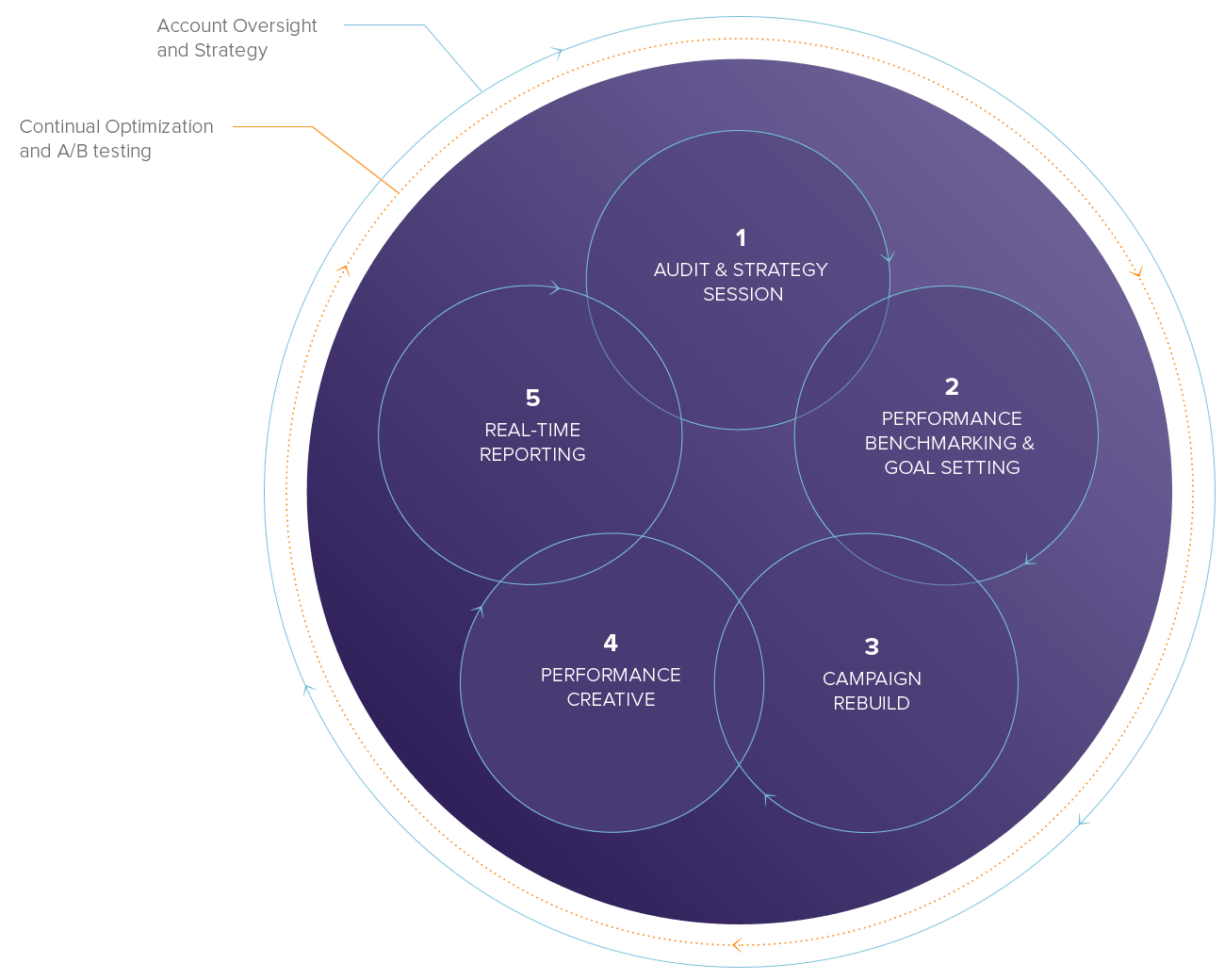How to Use Your Unique Business to Make Content That Earns Links
Imagine getting more organic search traffic and more relevant back links simply by taking advantage of your hard-earned knowledge and information in your field to produce content that earns links.
This article will show you, step by step, how to use the valuable information that is specific to your niche, business or industry in a way that can add useful content to your website, earn social media mentions and back links, and ultimately get your website more organic search traffic.
You know your field inside and out. I’ll bet you know more about your business and industry than almost anyone you know or will meet.
Turn that hard-earned knowledge into something that others will find valuable and reap the rewards.
In other words, create a piece of content that nicely presents information that no one else or few others have presented online, market it a bit, and people will link back to that article.
Why Do I Need Links to My Website?
The links that connect websites on the Web are a form of currency.
The more links your website has pointing to it from other relevant and authoritative sites, the higher it will rank in the organic search engine results, all else being equal.
Therefore, a good way to help your website rank better and for more keyword phrases is to figure out good ways to attract relevant links.
What better way to do this than to present some unique knowledge you have about your business on your website, for free?
You Know Things That Few Others Do
Let’s say you’re at a party chatting with a new acquaintance. They take an interest in your business and you find yourself enthusiastically explaining in detail things only you know about your business. And, of course you do, you know your business inside and out!
What if they had a good reason to be interested in what you’re saying? Maybe some of the things you know that are specific to your experience could be quite valuable to them. If so, they may help you in return.
For example, you own a landscaping business and you’re talking to a homeowner who needs information on planting trees. You’re an expert and thus explain all that person needs to know, for free. That person may hire you, or they may simply recommend you to others.
Or say you’re an attorney talking to a small business owner and you explain how the specific laws in your city work for businesses? You’re fine with giving some free advice, and the person is grateful enough to buy your next drink.
The landscaper above knows his business well and has a lot of hard-earned knowledge when it comes to planting and nurturing trees. And our lawyer above knows the city laws that apply to her city and has the wisdom that comes from years of experience in her field.
Likely, you do too.
So, let’s dive into the process for discovering and determining which things you know that will be beneficial and valuable to others, and that will earn your website back links.
Important: Whatever information you decide to share, and it may be proprietary, will be seen by your competitors. So, choose carefully.
Here’s how you do it.
Step 1. Brainstorm and Make a List of Content Ideas
Make a list of all the unique things you know about your business or industry that you think others may want to know.
Even things that aren’t unique, but very few others know, would work, if it is not already available online.
Here are a few ideas:
Website, sales, or customer data: Examples include average sale costs, the demographics of your website visitors or customers, times of year people buy from you the most, buyer personas, the technology people use to access your site.
Services or production information: If you’re a dentist, is there a procedure that you’ve had success with that is not done by most others? If you’re an advertising agency, do you already know the cost of media buys in all your local markets? If you’re a widget ecommerce store, do you know exactly how the materials are mined or gathered to produce the widgets? If you’re a home security system company, do you have useful information about how and where your customers install your security systems? If you’re a SaaS (software as a service) company, do you have valuable information on which software services people inquire about or buy the most and why? I bet the answer is ‘yes’ to most of those questions.
OpenMoves Clients’ Brainstorming Examples
Here are some ideas we’ve come up with for our clients here at OpenMoves.
Sparx (https://www.sparxhockey.com/), a company that makes portable skate sharpening machines, has information on which geographical areas purchase their machines the most down to the least. An article or infographic listing these areas could work.
Another client of ours, International Autosource (https://intlauto.com/), sells and leases cars to people coming to America from other countries. It might be a fascinating thing to discover what types of cars people get the most of from each country. And they already have that data freely available to them!
A third client, HouseMaster Franchise (https://www.housemasterfranchise.com/), a home inspection franchise company, has the beat on what cities in America have the most and least home inspection businesses already, and which are growing the fastest, based on their sales. This data, if presented in a professional and compelling way, could be useful and valuable to others.
Brainstorm to list ideas of things that you know, or that you could easily get access to, that you think most others don’t know and that some would find valuable.
Step 2. Convert Ideas into Keyword Phrases
Sum up each idea into a keyword phrase you think others would use to find the information.
Let’s use the dentist example from above. Let’s say there’s a specific procedure you do that most other dentists don’t do that makes root canal utterly painless for your patients (I am not a dentist and don’t know if this already exists). The keyword phrase that people would use to find this or learn about it might be “how to make root canals painless” or “dental procedure for pain free root canals.”
In the advertising example above, the related keyword people might use to find this could be “cost of advertising in [local] market” where you would add a city or town within the brackets.
Do this for each idea you have from Step 1. Ultimately, you ought to end up with a list of ideas and at least one associated keyword phrase for each one.
Step 3. Determining Keyword Phrase Search Volume
Check to see if there is an audience for each keyword phrase.
What you’re looking for is called search volume. This tells you approximately how many searches are performed each month for a particular keyword phrase. SEO software like Ahrefs, SEMRush, and Google’s Keyword Planner will all give you this information. If there are very few monthly searches for a phrase, cross it off your list.
The first goal here is to find ones that have the highest monthly search volume. But the ultimate goal is to find the sweet spot where there is high search volume, but relatively low competition.
Step 4. Choosing Your Best Content Marketing Idea
Choose which idea you could make into a full-blown content marketing piece.
You now ought to have a list of a handful keyword phrases that represent business-specific information others would want to know about that you can intelligently talk or write about that are not readily known outside your business, and that already have a built-in audience.
Now you’ll want to determine if you could produce something that would not only present your information and answer the question(s) in a concise way but would also be superior to anything else already published online about the subject. This is sometimes called the Skyscraper technique (coined by Brian Dean), that says you need to create content that is ten times as good as anything else online about that subject.
It’s now safe to put some resources into manifesting this idea and making it into a piece of content you can publish on your website.
Step 5. Spend Time on Getting the Word Out
Once it’s produced and published live on your site, you must market it. Here are just a few possibilities to accomplish this.
- Post about it on all your social media channels.
- Join a related online forum, and answer anyone’s question about the subject in a useful and valuable way and include a link to your article.
- Make a list of other websites that you think would be interested in your article. Contact them and ask for a link back.
- Leave a useful and helpful comment in an article about the subject and include a link back to your article.
- Talk about it and link to it on an appropriate sub-Reddit.
- Do a press release on it.
- Take advantage of any partners or others who you could contribute a guest post where you mention your new article and link back to it.
- Link to it from any other sites or blogs you own.
- Leave a comment and link to it in a related YouTube channel.
- Use it to answer a question on Quora.com and link to it in your answer.
And there are many other ways to get the word out about your new article.
Unique Content That Earns Links and Drives Traffic into the Future
If you did all the steps correctly, and there is decent search volume for your chosen keyword phrase and relatively low existing competition, your new article will likely rank well right off the bat, especially if there is no or little existing comparable information online.
When that happens, people will do searches, find your article, and some will link back to it naturally when they cite the unique information of yours found in the article. There’s potential for it to earn links well into the future.
Between that and the marketing work you did in Step 5, you’ll end up getting more links and thus more search traffic from this endeavor. And you’ll have a new and unique piece of content that will be a valuable resource for your site visitors for a long time to come.












